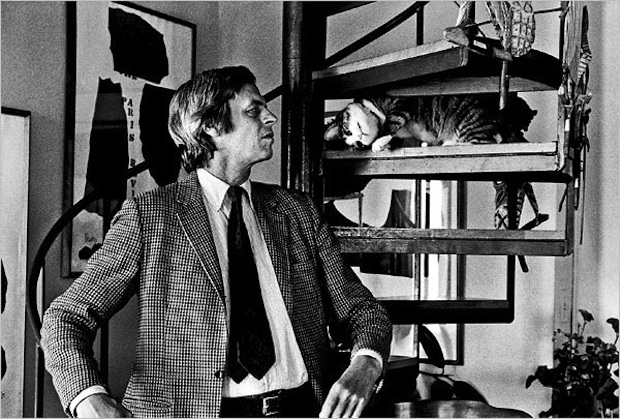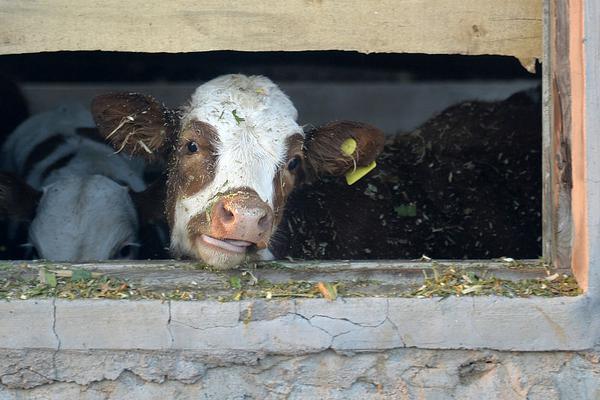After a controversial week for Unity,blogs enemas eroticism the game engine developer is walking back (at least partially) its much-derided runtime installation policy. Last Tuesday, the company announced its plan to charge game developers a fee every time a game made on the Unity engine was installed by a customer.
As you can imagine, this did not go down well with the developers, who took to social media to voice their fury. In an open letter to the gaming community on Friday, Unity Create President Marc Whitten apologized, saying that the company "should have spoken with more of you and we should have incorporated more of your feedback before announcing our new Runtime Fee policy."
This Tweet is currently unavailable. It might be loading or has been removed.
Whitten's open letter also outlined Unity's new policy, confirming that the company would no longer charge a per-install fee to developers using Unity Personal or Plus plans — and that the fee would not be applied to existing games.
"For games that are subject to the runtime fee, we are giving you a choice of either a 2.5% revenue share or the calculated amount based on the number of new people engaging with your game each month," Whitten wrote. "Both of these numbers are self-reported from data you already have available. You will always be billed the lesser amount."
As Mashable's Amanda Yeo wrote after the first announcement, the company's original plan was to charge developers working on the engine a "Unity Runtime Fee" on any game running on Unity, "provided they have passed both a minimum revenue threshold within the last year and a minimum lifetime install count." Depending on which version of Unity was used, the threshold started at $200,000 in revenue and an install minimum of 200,000. Unity would then charge developers up to $0.20 per install — including players who delete and re-install the game. (Unity would also have sole discretion on the collection of installation numbers).
Doing quick math, for any game that surpassed 1 million installs, the developer would owe Unity $200,000. And for any fairly popular indie video game this is a lot of money. With the new policy announced on Friday, the revenue threshold has been changed so only games making at least $1 million will be charged, rather than games that make over $200,000.
Whether or not this new policy appeases game developers remains to be seen, given the level of backlash after the first announcement — many of them threatened to create their games on a new engine.
This Tweet is currently unavailable. It might be loading or has been removed.
This Tweet is currently unavailable. It might be loading or has been removed.
This Tweet is currently unavailable. It might be loading or has been removed.
This Tweet is currently unavailable. It might be loading or has been removed.
The new policy announced on Friday will go into effect in January 2024.
Topics Gaming
(Editor: {typename type="name"/})
 Creators talk accessibility and building inclusive spaces at VidCon 2025
Creators talk accessibility and building inclusive spaces at VidCon 2025
 Wordle today: Here's the answer and hints for June 19
Wordle today: Here's the answer and hints for June 19
 Happy Birthday, George! by Sadie Stein
Happy Birthday, George! by Sadie Stein
 Trump finally emerged to speak at a hilariously tiny desk, and the internet had jokes
Trump finally emerged to speak at a hilariously tiny desk, and the internet had jokes
 On the app Plura, non
On the app Plura, non
Amazon Spring Sale 2025: The Eufy robot vacuum stick vacuum combo is on sale for the first time
 SAVE $200: As of March 31, the Eufy E20 3-in-1 robot vacuum, cordless stick vacuum, and handheld vac
...[Details]
SAVE $200: As of March 31, the Eufy E20 3-in-1 robot vacuum, cordless stick vacuum, and handheld vac
...[Details]
Joe Biden winning memes are celebrating the election results... again and again
 Joe Biden and Kamala Harris won the 2020 election not once, not twice, but approximately 425 times &
...[Details]
Joe Biden and Kamala Harris won the 2020 election not once, not twice, but approximately 425 times &
...[Details]
Papal Abdication: A Potpourri of Popery by Mike Duncan and Jason Novak
 Papal Abdication: A Potpourri of PoperyBy Mike Duncan and Jason NovakMarch 8, 2013Arts & Culture
...[Details]
Papal Abdication: A Potpourri of PoperyBy Mike Duncan and Jason NovakMarch 8, 2013Arts & Culture
...[Details]
Elements of Style, and Other News by Sadie Stein
 Elements of Style, and Other NewsBy Sadie SteinMarch 14, 2013On the ShelfClassics, Strunk and White
...[Details]
Elements of Style, and Other NewsBy Sadie SteinMarch 14, 2013On the ShelfClassics, Strunk and White
...[Details]
Vizio 43" smart TV deal: Save 41% at Walmart
 GET $104 OFF:The Vizio 43" smart TV is currently on sale for $148 at Walmart for a savings of 41%. O
...[Details]
GET $104 OFF:The Vizio 43" smart TV is currently on sale for $148 at Walmart for a savings of 41%. O
...[Details]
Netflix launches 'Black Mirror'
 Spoilers ahead for Black Mirror Season 6, episode 1, in case you haven't watched it yet.Netflix's Bl
...[Details]
Spoilers ahead for Black Mirror Season 6, episode 1, in case you haven't watched it yet.Netflix's Bl
...[Details]
Wordle today: Here's the answer and hints for June 17
 Can't get enough of Wordle? Try Mashable's free version now H
...[Details]
Can't get enough of Wordle? Try Mashable's free version now H
...[Details]
MCU recap: What to remember before watching 'Secret Invasion'
 As someone who still hopes Samuel L. Jackson In An Eye Patch will show up in the end credits of ever
...[Details]
As someone who still hopes Samuel L. Jackson In An Eye Patch will show up in the end credits of ever
...[Details]
Best MacBook deal: Save $200 on 2024 M3 MacBook Air
 SAVE $200: As of Feb. 10, the 2024 Apple MacBook Air (M3, 13-inch, 16GB RAM, 256GB SSD) is on sale f
...[Details]
SAVE $200: As of Feb. 10, the 2024 Apple MacBook Air (M3, 13-inch, 16GB RAM, 256GB SSD) is on sale f
...[Details]
 Day of KingsBy Sadie SteinMarch 8, 2013Look“But all this world is like a tale we hear –Men’s e
...[Details]
Day of KingsBy Sadie SteinMarch 8, 2013Look“But all this world is like a tale we hear –Men’s e
...[Details]
The White House might have inflated Trump's golf record, because this is how we live now

Ululating to Air Supply by Robin Hemley

接受PR>=1、BR>=1,流量相当,内容相关类链接。